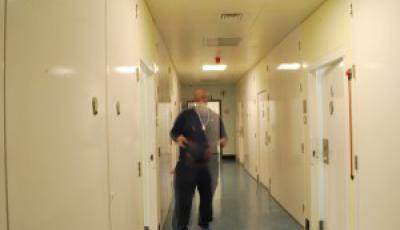Sharing Research Findings and Learning from Each Other: Knowledge Exchange and Public Access
Posted:
Time to read:
British universities, like their counterparts around the world, are subject to shifting fashions and ideas of research and education. Recently, we have been urged to engage in ‘Knowledge Exchange’ and to make our research findings freely available through a variety of forms of ‘open access.’ Universities, we are told, must engage more with the public.
To accuse academic researchers of sequestration in an ivory tower is nothing new. It is, moreover, an accusation that bears little resemblance to the variety of work in which many of us are engaged. Not only do we communicate our research in the classroom (presumably exchanging knowledge with our students), but many of us have long worked with policy makers, NGOs, and the subjects of state control to share findings.


In the field of knowledge exchange, we have also been active, creating a research methods course on ‘Knowledge Exchange in Custodial Research.’ Taught by Oxford faculty working alongside practitioners from a range of government, private, and non-governmental sectors, the course seeks to understand the changing nature of custodial sites and the varying needs and barriers to academic research. Funded by the University of Oxford Social Science Doctoral Training Centre, this series of six seminars will be open to any UK doctoral students who wish to attend.
We have other activities planned as well, working with the local immigration removal centre and national immigration detention organisations. These projects, which are still under negotiation, integrate visual elements and material culture. We have begun to assemble an immigration detention archive, for example, and are designing an institutional photography course.
Each of these plans is rooted in our research. Their success or failure rests on familiar territory: the goodwill of those determining research access and the involvement and trust of participants. So far, we have been fortunate in the range of figures involved in each project. Whether this would have been possible when the research on these topics commenced is less clear.
We would be interested in hearing about other similar initiatives. How do you communicate your findings without losing access? Who is actually interested in reading academic research? While knowledge exchange and open access are important goals, should we strive to retain some room for privacy as we develop ideas and accounts of contested practices? What might be some unintended consequences of these developments?
Any thoughts? Post a comment here or on our Facebook page. You can also tweet us.
Share:








